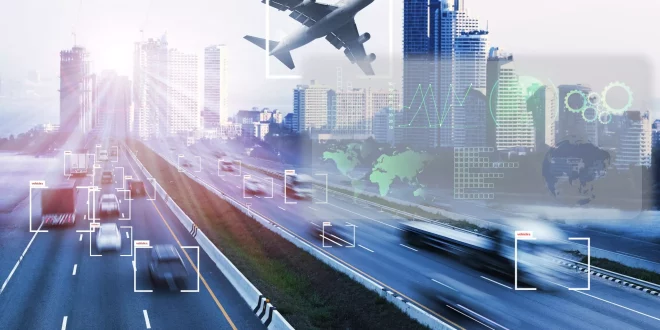The auto transport industry has undergone several changes, from electrified vehicles and advanced logistics systems to internet-connected cars. Yet, artificial intelligence seems to have significantly redefined this space. Understanding what this technology brings to the table will ensure you make more informed decisions in the long run. Here are a few insights into what AI offers to the auto transport industry, including its benefits.
Forecasting and Planning
Artificial intelligence relies on various algorithms and data science to help predict future market trends and needs. Comprehensive information about what to expect in the market will boost accurate predictions and forecasting.
Artificial intelligence collects, collates, and analyzes data to ensure accurate budgeting and planning in the auto transport industry. It will be easy to understand the demand for car transportation within a particular period, ensuring that you have enough transportation vessels ready.
Further, an in-depth analysis could determine how many trucks you need during a specific period. It will also be easy to know how many staff you must have to address seasonal demand increases adequately.
Traffic Detection and flow analysis
Every business looks forward to optimizing resources, ensuring they reap the maximum returns on their investments. Fortunately, artificial intelligence is central to enhanced traffic detection and flow analysis, allowing you to optimize route planning.
Since there has been a drastic increase in traffic snarl-ups on the roads, understanding when there is road congestion will help you make informed decisions. Artificial intelligence will use various data, algorithms, sensors, and cameras to identify traffic flow across the state.
This analysis will indicate the right time to use the road. In turn, you are confident of enhanced fuel efficiency and time utility. For instance, suppose you want to consider Florida to New Jersey auto transport. In that case, you could utilize artificial intelligence to monitor traffic-free freeways.
Usually, once this technology monitors and identifies the traffic situation on the roads, the information is fed into AI-enabled smart systems. This way, you can take action remotely.
Traffic Regulation Compliance and Enforcement
You want to avoid legal issues with different states. The best way to do this would be to understand the various traffic regulations across different states. While the traffic laws could mostly be similar, a few details might vary. Artificial intelligence is critical in ensuring you comply with every detail in the state’s traffic regulations.
Artificial intelligence relies on different cameras and IoT sensors to confirm your traffic compliance. These cameras will often help detect the occupancy of specific traffic lanes and parking lots. This makes it easy to avoid traffic violations when transporting vehicles to other regions.
At the same time, authorities use artificial intelligence to determine your compliance. These officers will use AI to confirm your speed, car model, and registration number, making it easier to charge for violations. Automated license plate recognition uses vision-based camera systems to detect and prevent traffic violations.
Autonomous Vehicles
Transporting vehicles can be hectic. Investing in autonomous cars will be inevitable for most firms in the auto transport industry. These vehicles require no driver to maneuver through traffic using technology.
This technology allows the car to identify license plates, traffic lines, and lanes to minimize road accidents. It relies on various sensors to improve such accuracy. Ideally, the sensors and cameras enhance vehicle awareness, guaranteeing accuracy as the vehicle moves around.
Autonomous vehicles are vital in the auto transport industry. Artificial intelligence will help optimize the route, ensuring that transportation is seamless. Artificial intelligence is gradually reshaping the auto transport industry. It has enhanced delivery speeds, efficiency, and cost-effectiveness. Fully embracing this technology will boost revenue yet encourage security.
 BESTCITYTRIPS
BESTCITYTRIPS




